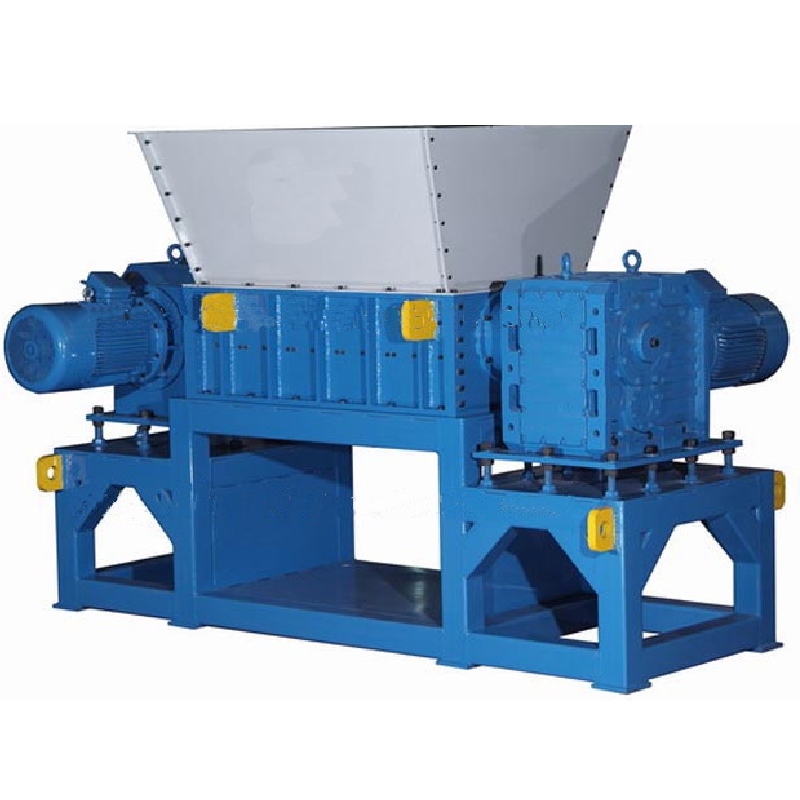

ಸೆಪ್ಟೆಂ . 14, 2024 04:08 Back to list
Non-Ferrous Metal Separators Advancing Recycling Efficiency
In a world increasingly focused on sustainability and resource conservation, the importance of recycling non-ferrous metals cannot be overstated. Non-ferrous metals, which include aluminum, copper, lead, and zinc, are critical in various industries, from construction to automotive and electronics. The efficient separation of these metals from mixed waste streams is essential for maximizing recycling rates and minimizing environmental impact. This is where non-ferrous metal separators come into play.
Non-Ferrous Metal Separators Advancing Recycling Efficiency
One of the most common types of non-ferrous metal separators is the eddy current separator. This technology works by passing the mixed waste over a conveyor belt equipped with a magnetic rotor. When non-ferrous metals, such as aluminum, enter the magnetic field, they generate eddy currents that cause them to be propelled away from other materials. This allows for a highly efficient separation process, often achieving separation rates exceeding 90%. The increased efficiency not only improves the quality of recycled materials but also helps reduce operational costs for recycling facilities.

Moreover, non-ferrous metal separators play a vital role in promoting environmental responsibility. By effectively recovering these metals, we reduce the need for mining and processing virgin materials, which can be resource-intensive and environmentally damaging. The recycling of non-ferrous metals is significantly less energy-intensive than extracting and refining them from ore, resulting in fewer greenhouse gas emissions and a lower overall carbon footprint.
As the demand for non-ferrous metals continues to rise, driven by their applications in renewable energy technologies, electric vehicles, and electronic devices, the role of non-ferrous metal separators will become even more critical. Recycling companies are continuously advancing their technologies, focusing on improving separation accuracy and efficiency.
In conclusion, non-ferrous metal separators are integral to the recycling industry, enabling the effective recovery of valuable metals while promoting sustainable practices. As we strive towards a circular economy, investing in innovative separation technologies will be crucial for maximizing the potential of non-ferrous metals and minimizing our environmental impact. Emphasizing these advancements will not only benefit the recycling industry but also contribute significantly to global sustainability efforts.
Latest news
Troubleshooting Common Eddy Separator Problems
NewsJul.04,2025
The Role of Metal Recycling Plants in Circular Economy
NewsJul.04,2025
The Impact of Recycling Line Pickers on Waste Management Costs
NewsJul.04,2025
Safety Features Every Metal Shredder Should Have
NewsJul.04,2025
How Industrial Shredders Improve Waste Management Systems
NewsJul.04,2025
How Cable Granulators Contribute to Sustainable Recycling
NewsJul.04,2025